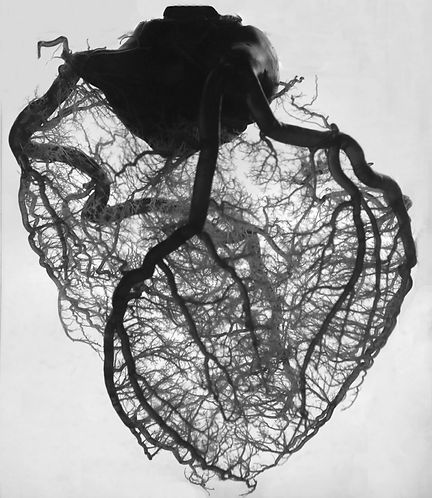

Our Pillars
We are committed to advancing global public health through research, innovation, and advocacy. Our work is guided by six foundational pillars that address the most pressing health challenges of our time. These pillars reflect our dedication to equity, inclusivity, and sustainability in public health interventions worldwide.

Climate Change
Climate change is one of the most urgent global public health challenges of our time. Its impacts are far-reaching, affecting communities, ecosystems, and health systems worldwide. However, those who contribute the least to the crisis often bear the greatest burden. We investigate the direct and indirect health effects of climate change, from rising infectious disease risks to environmental displacement. We advocate for evidence-based policies that prioritize vulnerable populations and work to implement sustainable, data-driven solutions that mitigate the worst effects of climate change on health and well-being.
Decolonization
The legacy of colonialism and imperialism continues to shape global health inequities. High-income countries dominate research, publications, and funding structures, often setting the agenda for success while marginalizing the knowledge and perspectives of lower-middle-income countries. Decolonization in global health seeks to dismantle these entrenched systems of power, fostering equitable collaborations and valuing diverse ways of knowing and doing. We strive to challenge these imbalances, amplify historically excluded voices, and promote sustainable, community-led health solutions that respect and uphold local expertise.


Health Systems Strengthening
Health systems are at the core of a nation’s public health infrastructure. Without strong and resilient health systems, vulnerable communities are often left behind. The intensification of climate change and the COVID-19 pandemic have magnified existing systemic issues, deepening injustices for historically marginalized communities. Health systems strengthening seeks to address these inequities by fostering sustainable, inclusive, and resourceful healthcare frameworks. We work to build resilient health systems that prioritize equity, accessibility, and sustainability, ensuring no community is left behind.
Reproductive, Maternal, Neonatal, and Child Health
Reproductive, Maternal, Neonatal, and Child Health (RMNCH) is a cornerstone of strong public health systems. Investing in RMNCH not only improves health outcomes for individuals but also strengthens communities and reduces long-term healthcare burdens. Evidence shows that well-designed public health interventions can significantly reduce maternal and child mortality and improve reproductive health across diverse contexts. We work to advance RMNCH through research, advocacy, and sustainability, prioritizing equity, access, and culturally responsive care.


Non-communicable Diseases
Non-communicable diseases (NCDs) are chronic conditions that are not transmitted from person to person, yet they account for the majority of the global burden of disease. These include cardiovascular diseases, cancers, diabetes, chronic respiratory diseases, and mental health disorders. NCDs are often driven by a combination of genetic, environmental, and behavioral factors, making prevention and management crucial to reducing their impact. We focus on evidence-based interventions that address the root causes of NCDs, promote healthier lifestyles, and advocate for policies that improve access to early detection, treatment, and long-term care.
Communicable Diseases
Communicable diseases (CDs) are infectious illnesses that spread through pathogens, disproportionately impacting low-resource communities. At [Lab Name], we study emerging and re-emerging infectious diseases, vaccine-preventable illnesses, and antimicrobial resistance to develop effective prevention and response strategies.
